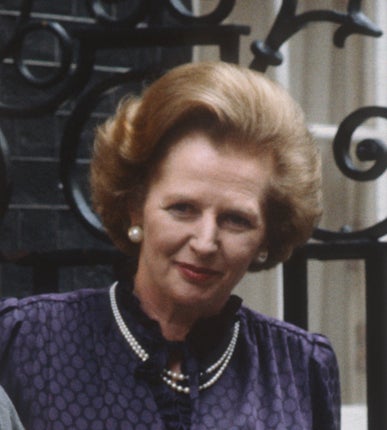Amol Rajan: Help does still exist for the embattled working class

In recent weeks this column has speculated on why the condition of our poor might be much worse than is commonly accepted. I started by saying "working class" doesn't mean what it used to.
It initially referred mostly to manual labourers, and implied solidarity among the poor. Today, many traditional working class professions have been outsourced, either to machines or developing countries, and the poor are atomised. The transfer from manufacturing to a service-based industry has left many of them more alienated from the products of their labour than ever.
And one by one, the institutions that united the affections of poor folk have been dismantled, or colonised by the rich. Unions, as I wrote last week, have never recovered from the battering rams wielded by Margaret Thatcher and Rupert Murdoch. Leading football clubs, once the preserve of the poor, now charge absurd prices to fund players' salaries. Working men's clubs struggle against the smoking ban. A quarter of public houses endure the tyranny of pubcos, those venture capitalists who tie landlords into exorbitant deals on rent and beer.
Social reformers used to argue that where the poor do not have access to economic capital, social capital – relationships of affection and trust – could be used to make their lives better. But that social capital was stored in institutions which many of the poor can no longer afford membership of.
I am not nostalgic for some mythical Golden Age of class solidarity. But a point made in Owen Jones's superb and compelling book, Chavs: The Demonisation of the Working Class, seems to me beyond dispute: measuring the condition of the poor in economic terms alone is not just pointless, but harmful too.
There is, however, a movement to challenge this onslaught. It generates social capital by assembling those civic institutions that still inspire the dispossessed, and campaigning on their common concerns. It has scored huge victories already. It generates economic capital too – a point both David Cameron and Ed Miliband, who is speaking to the nation today, have recognised. This movement is called community organising. One of its offspring is currently the most powerful man in the world. I have been involved in it for a few years now. What role should it play in improving the welfare of our most vulnerable citizens? That will be the subject of next week's column.
Twitter.com/amolrajan
Join our commenting forum
Join thought-provoking conversations, follow other Independent readers and see their replies
Comments
Bookmark popover
Removed from bookmarks